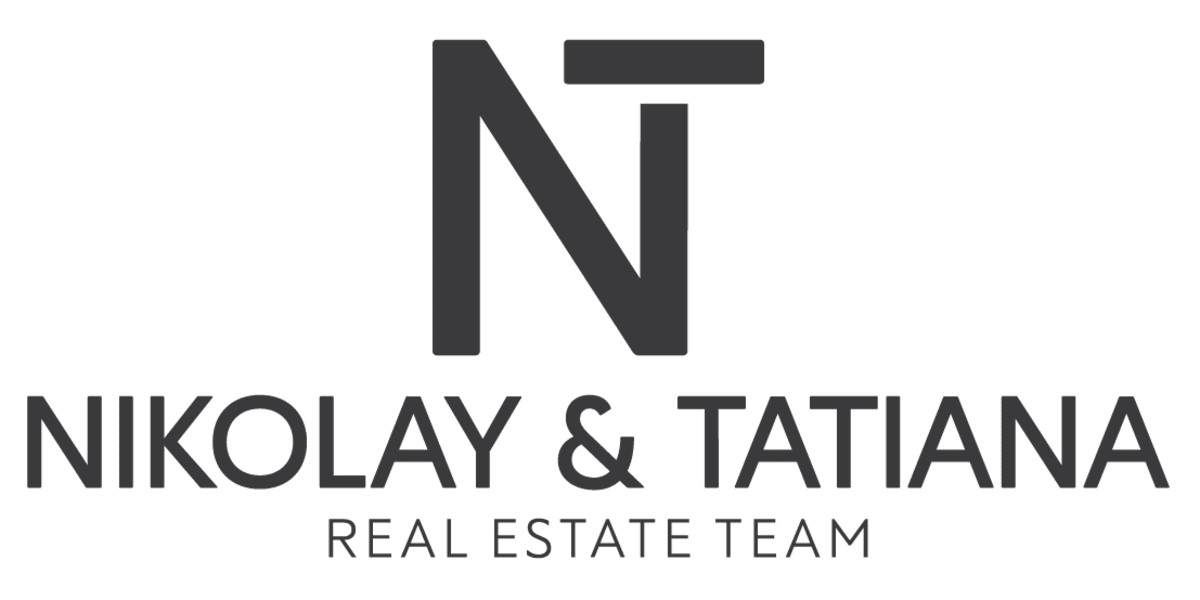In 2017, a new piece of legislation was implemented to amend the Residential Tenancies Act, 2006 – The Rental Fairness Act.
This new legislation expands rent control to all private rental units, including those first occupied on or after November 1, 1991 and sets an annual cap on rent increases tied to the Consumer Price Index. The legislation also introduces additional protection for tenants, including enabling a standard lease and protecting tenants from eviction due to abuse of the “landlord’s own use” provision.
Expanding Rent Control
As part of the Fair Housing Plan, the Ontario government expended rent control to most private rental units in the province. As such, effective April 20, 2017, landlords in Ontario cannot increase the rent for most private rental units built on or after Nov. 1, 1991 by more than the amount set by the rent increase guideline. The annual cap for 2018 is 1.8 per cent. Once a unit is vacant, landlords can legally raise the rent without limit.
The Landlord and Tenant Board can approve a rent increase of up to three percentage points above the cap for capital expenses (not including normal ongoing maintenance), unusually high increases in municipal taxes and charges, and the cost of security services. However, as of January 1, 2018, landlords won’t be able to apply for above guideline rent increases for utility costs or in buildings with outstanding elevator work.
Standard Lease
Effective April 30, 2018, landlords of most private residential rental units (single and semi-detached houses, apartment buildings, condos, and secondary units) – from individual landlords to property management companies – must use the standard lease template for all new leases. A standard lease is not required for tenancies that have special rules or partial exemptions under the Rental Tenancies Act, including care homes, mobile home parks, land lease communities, social and supportive housing, co-operative and transitional housing.
CLICK TO DOWNLOAD
New Ontario Standard Lease from Nikolay and Tatiana
Ending a Lease
To protect tenants from eviction due to abuse of the “landlord’s own use” provision which saw some landlords terminate a lease only to turn around and re-lease the unit to a different tenant for a higher rent, the government introduced three provisions related to when a landlord terminates a lease for “own use”:
- only landlords who are individuals can terminate a lease for “own use,” not corporations;
- landlord is now required to demonstrate that they need the unit for a minimum of one year;
- tenant must be compensated for one month’s rent for lease termination, or be offered another acceptable rental unit;
- if landlord acts in bad faith, they could face a fine of up to $25,000
Article Provided By Toronto Real Estate Board, July 6, 2018
If you have any questions regarding buying, selling or leasing in Toronto and GTA, dial a direct line 647-833-3287 The Nikolay and Tatiana Team
